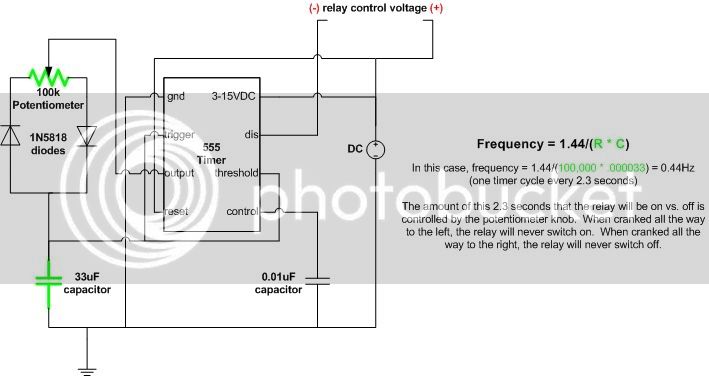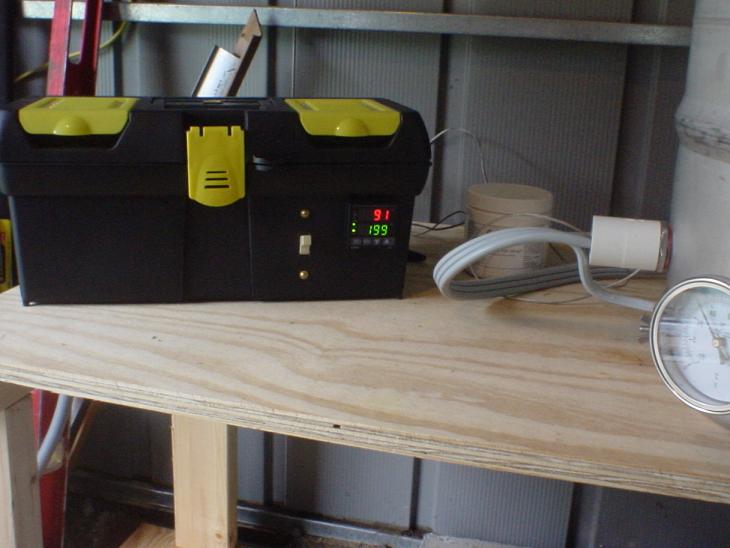That is exactly the reason for my wish that I was closer. It is not about running the system. It is all about the design and installation.I am not so sure I agree with you on this. Everyday housewives turn on their electric stoves and microwaves with boiling fluid in them. They do not need to know the hows and whys of the device they are using. Why should brewing be any different. ...
Let's not get into the differences between plumbers and "electricians".
wildwest is right on the money with his concerns. I am 100% in his corner.
















































![Craft A Brew - Safale BE-256 Yeast - Fermentis - Belgian Ale Dry Yeast - For Belgian & Strong Ales - Ingredients for Home Brewing - Beer Making Supplies - [3 Pack]](https://m.media-amazon.com/images/I/51bcKEwQmWL._SL500_.jpg)











